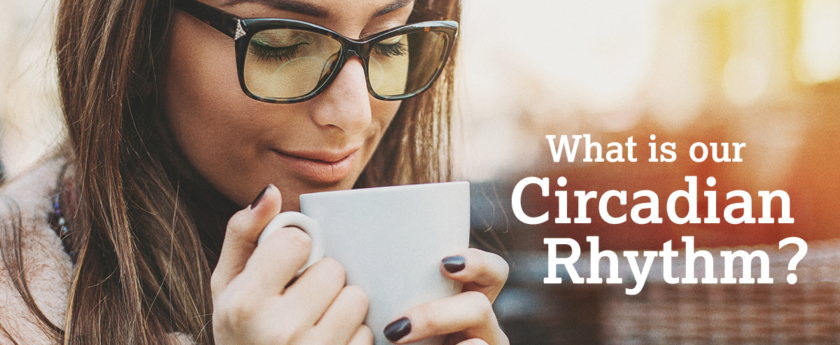Have you ever wondered why some newborn babies love to sleep all day and stay awake all night? While it may seem like it’s just to drive their mother’s crazy, it actually has more to do with their natural sleep patterns not developing yet.
What is our sleep/wake cycle?
Our sleep/wake cycle, also called our Circadian rhythm, is a twenty-four-hour internal clock that helps us stay awake during our daylight hours and sleep long periods at night. It can also explain why we have lulls during certain afternoon hours where we feel our drowsiest during the daytime.
Typically, most people are at their deepest sleep in the early morning hours between 2 am and 4 am, but they can also feel a post-lunch dip around 1 pm or 3 pm. If you’re a morning person or a night owl, you may have a different rhythm than most.
What controls our rhythm?
There are several factors that contribute to our Circadian rhythm.
- The hypothalamus portion of our brain is what controls the signals to our body to be awake or be asleep.
- Outside factors, like lightness or darkness, can trigger our natural rhythms.
- Sleep patterns can dictate how normal our rhythm is.
How does blue light affect our sleep/wake cycle?
Blue light is in everything from natural sunlight to artificial sources such as LED lightbulbs, TV screens, Smartphones and Tablets. It is the highest on the energy spectrum for light color, which means it is absorbed all the way to the retina. When we have an overexposure to blue light during our daytime hours, it can affect our brain sending signals to the body to produce melatonin, which makes our bodies want to sleep. This can potentially cause:
- Restlessness
- Headaches
- Lack of focus
How can we help our natural rhythm to stay on course?
There are several ways to help correct a rhythm that is off for any reason. Good sleep habits are a must. Stay consistent with your sleep and wake times, and get plenty of rest, even on weekends. “Catching up” is never effective and can do more harm that good.
Another way to help is to wear blue light filtering lenses during the day to reduce your exposure to potentially harmful blue light. BluTech lenses filter blue light at 455 nm, where it matters most. This can help your body to not suppress melatonin at the nighttime hours, so you feel sleepy when it becomes dark outside. It can also reduce headaches, blurred vision and other signs of digital eye strain.
Find BluTech Near You





